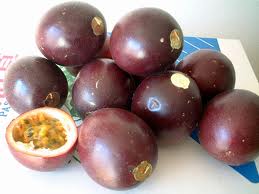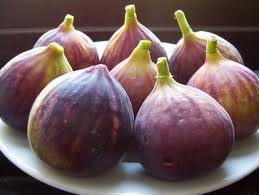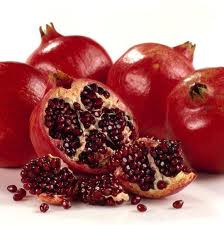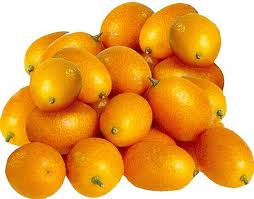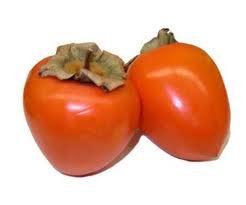
After the shooting of Rep. Giffords in Tucson, AZ much has been written about the effects words have on our thinking and our actions. Although the shooting has not been linked to any particular phrases or wording, the discussion highlights what linguists and educators have known for awhile – words form how we think and understand the world, not the other way around.
Using violent language forms how we think and understand violence. It affects us over time. We live in a very violent culture and not surprisingly, we use violent language in our speech. Consider everyday acceptable language such as “target marketing,” “take a stab at it,” “bullet point” and “it’s killing me.”
The recent national health insurance debate was another example of language forms how we understand things. The media often referred to the debate as “health care reform” yet it had nothing to do with reforming health care. It had everything to do with reforming health insurance. It is a testament to the savy of the healthy insurance industry that they were able to reframe the language around this topic so effectively. They were able to instill fear regarding healthcare rather than focusing on the availability of health insurance for all. This took the spotlight off the exclusionary practices and high profits of the health insurance industry and instead created fear regarding healthcare.
Similarly, the use of non-gender inclusive language (using male language as normative for both men and women) removes any consideration of women’s experiences as different from men’s, from conversation. Not discussing it means not thinking about it. This is not merely an intellectual exercise. It plays out in real life to the detriment of women’s health, for example, when drugs are tested only on men (again considered as the “norm”) and not on women.
Finally, exclusive use of male language for God limits our understanding of God – and by extension it limits our understanding of ourselves since we are made in God’s image. God is neither male nor female. God encompasses qualties of both genders and more. To understand God’s characteristics as exclusively male because we speak about God as only male limits, for us, how we see God’s activity in our lives. While the metaphor of a “father” is useful sometimes, it doesn’t work all the time. Multiplying our metaphors for God will broaden what we envision that God can do – and therefore what we imagine that we can do.
Part of good mental health is learning to use good speech habits. We can learn to eliminate violent language and metaphors from our everyday speech. We can learn to use gender inclusive language. We can learn to look critically at metaphors and definitions used by the media and corporations and ask, “Who benefits, and who doesn’t benefit, from using this metaphor or definition?”

